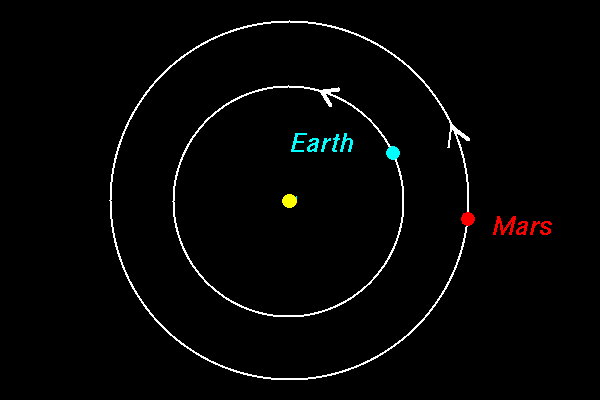Understanding solstices
The Earth's axis of rotation is tilted about 23. degrees relative to Earth's orbit around the sun. This tilt causes the Northern and Southern Hemispheres to get unequal amounts of sunlight over a year.
The Earth's axis is tilted most closely toward the sun for two moments each year. These are called solstices. The Northern Hemisphere is tilted more toward the sun from September to March, which feels like autumn and winter. The hemisphere tilted most toward our home star sees its longest day and the hemisphere tilted away from the sun sees its longest night.
8
94 reads
The idea is part of this collection:
Learn more about scienceandnature with this collection
How to choose the right music for different tasks
The benefits of listening to music while working
How music affects productivity
Related collections
Similar ideas to Understanding solstices
Orbit an rotation
As mars orbits the Sun, it completes one rotation every 24,6 hours, which is very similar to one day on Earth (23.9 hours). Martian days are called sols—short for "solar day." A year on Mars lasts 669.6 sols, which is the same as 687 Earth days.
Mars' axis of rotation is tilted 25 degrees w...
The cause of an equinox
In layman's terms, the equinox happens because the planet earth is not tilted towards the sun while the sun is directly above the equator. This causes the equinox to happen.
So during this time of the year, both hemispheres get the same hours of daylight and night.
On a usual basis,...
The Vernal Equinox
Before the invention of calendars and other modern methods of tracking years and seasons, people relied on the position of the sun in the sky and obvious signs in nature to indicate the passing of time.
When the equator and the hemispheres of the Earth became common kn...
Read & Learn
20x Faster
without
deepstash
with
deepstash
with
deepstash
Personalized microlearning
—
100+ Learning Journeys
—
Access to 200,000+ ideas
—
Access to the mobile app
—
Unlimited idea saving
—
—
Unlimited history
—
—
Unlimited listening to ideas
—
—
Downloading & offline access
—
—
Supercharge your mind with one idea per day
Enter your email and spend 1 minute every day to learn something new.
I agree to receive email updates

